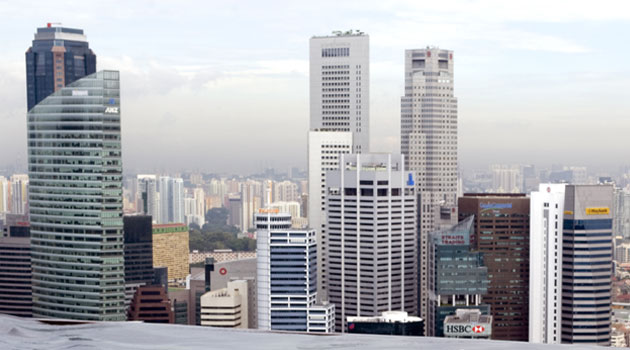
MAS said it was closely monitoring overseas purchases “with a view to ensuring financial stability as well as financial prudence among Singaporeans”/XINHUA-File
The Monetary Authority of Singapore (MAS) said local real estate agencies had handled overseas property deals worth Sg$2 billion ($1.6 billion) last year – a 43 percent rise since 2012.
“MAS would like to remind potential investors to be mindful of various risks associated with overseas property purchases,” the central bank said, citing foreign exchange and interest rate risks as examples, along with less stringent rules governing foreign property developers.
“Risks are more difficult to assess or manage when investors are unfamiliar with conditions in overseas markets, such as the prospects for oversupply of properties, or of a deterioration in economic conditions,” it added.
MAS said it was closely monitoring overseas purchases “with a view to ensuring financial stability as well as financial prudence among Singaporeans”.
Advertisements for overseas properties – particularly in Britain, Australia and New Zealand – are a common sight in Singapore, one of the world’s wealthiest countries, with an average per capita income of $55,183 in 2013.
But the city-state of 5.4 million people is also the most expensive place to buy a luxury home in Asia after Hong Kong, property firm Knight Frank said in a report in March.
Singapore last year imposed new measures to cool the red-hot local property market, including raising stamp duty – which made it costlier for foreigners to buy property – and sharply increasing minimum cash downpayments for buyers applying for loans for second homes.
These were in addition to earlier measures to tame the property market, including a move by the central bank in 2012 to impose a maximum tenure of 35 years for new housing loans.



































